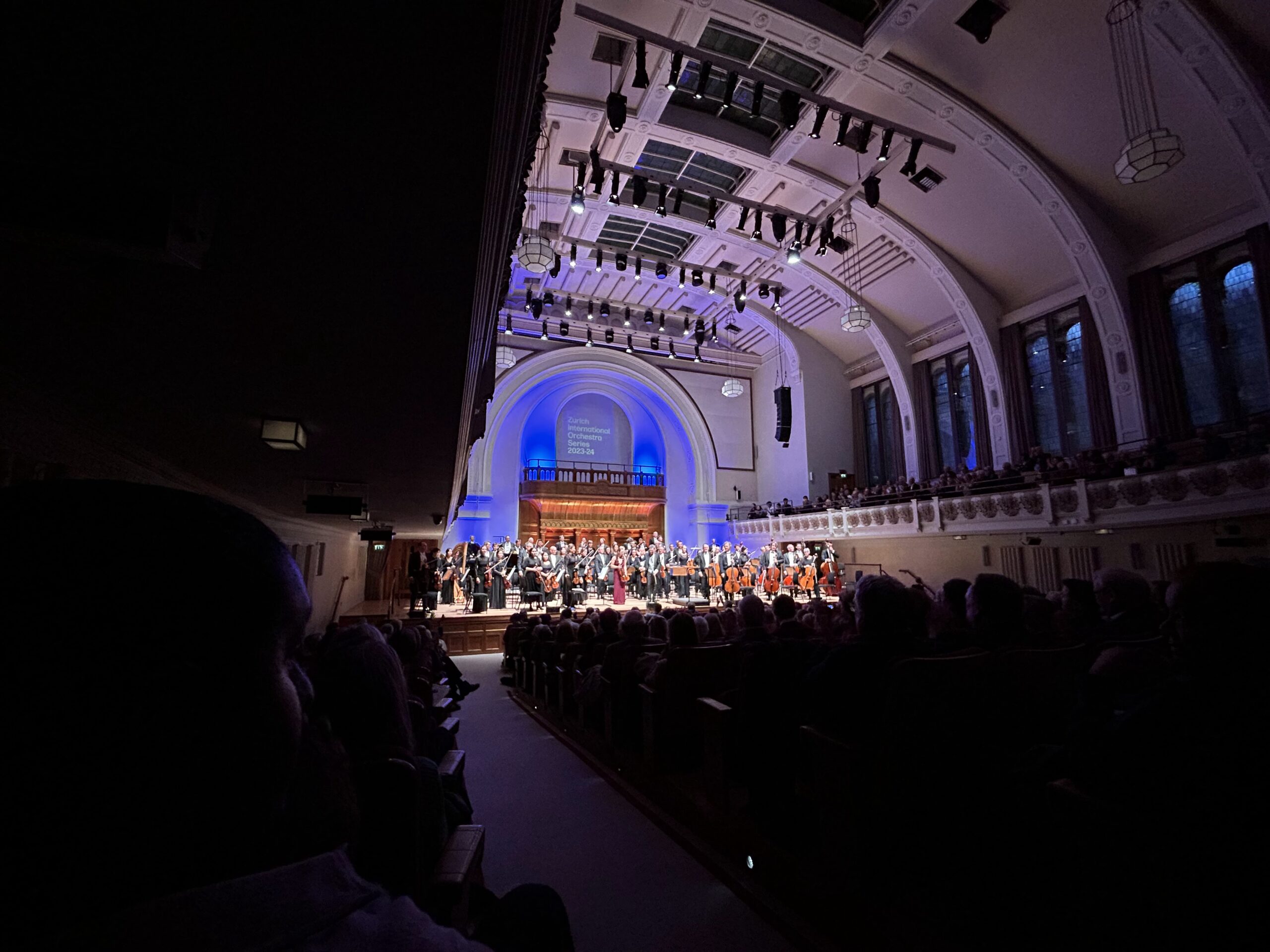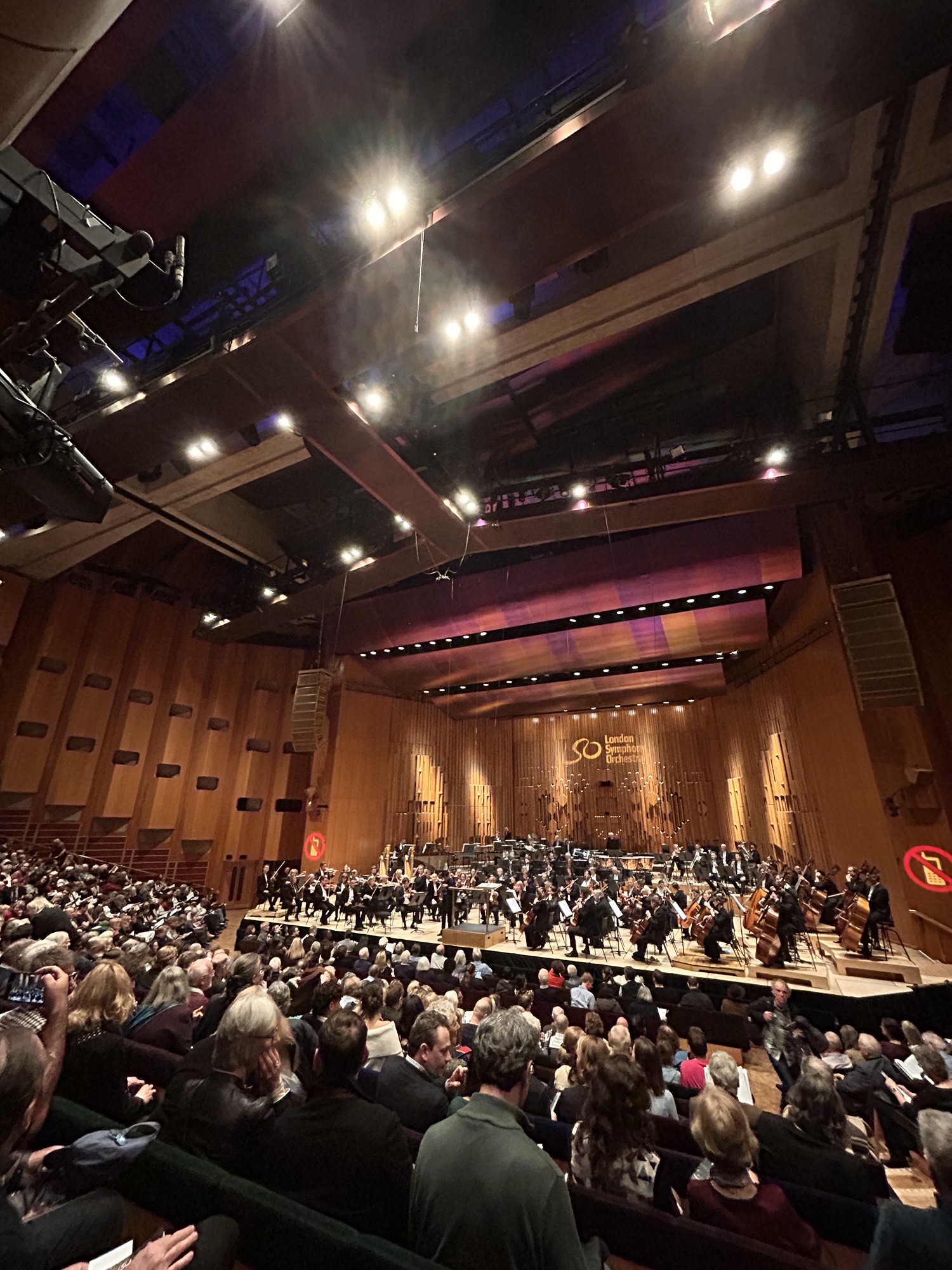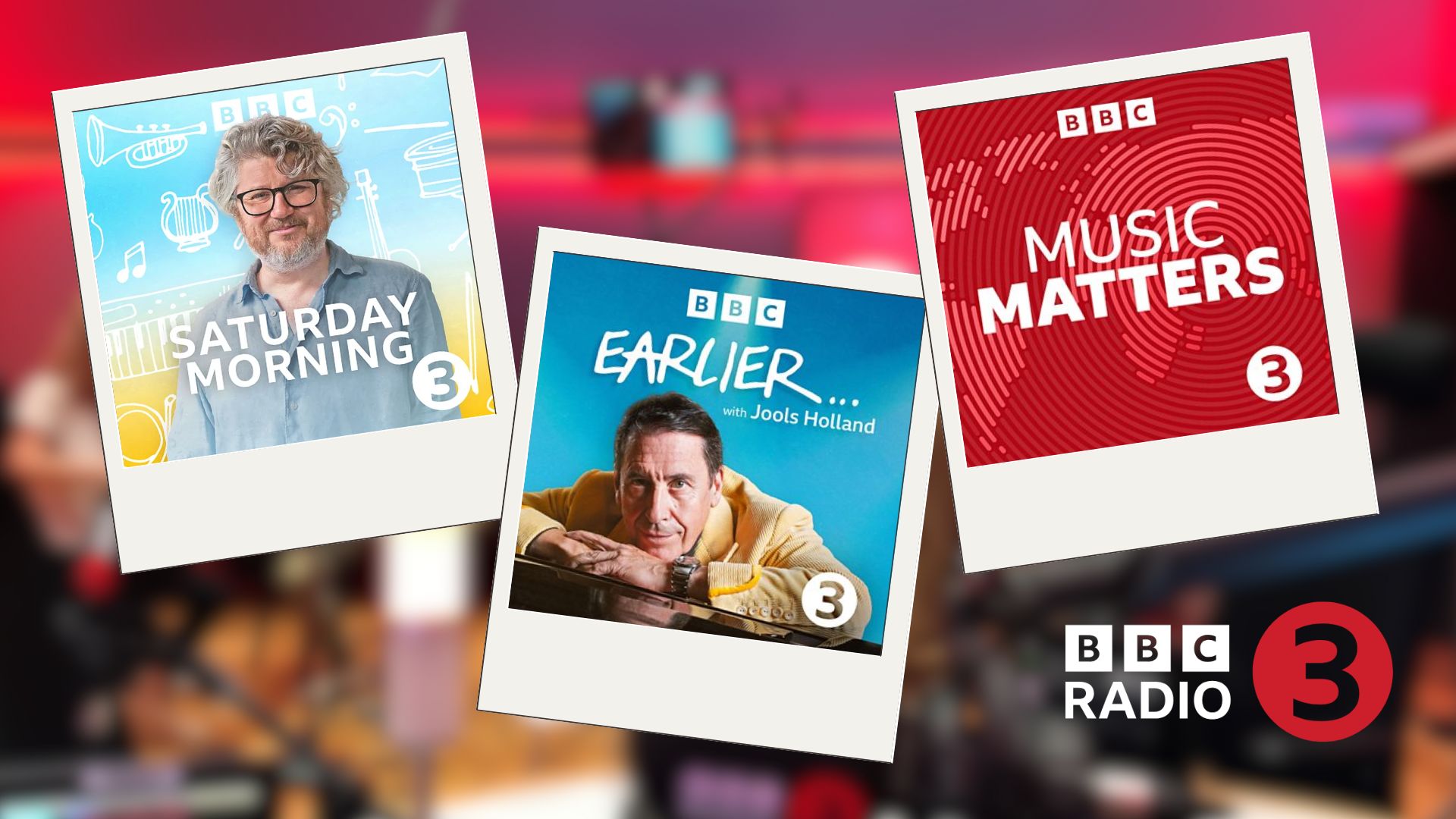Sunday mornings are best. Cushioned escapes from the week gone by, all wrapped up in a fluffy dressing gown, sipping coffee from a mug. Outside, bushes flail around in the wind, and if I’m not mistaken there’s a little bit of drizzle too.
Such wistful descriptions identify where I am at the present time, not just geographically but emotionally.
All burned out
Over the past few weeks I’ve experienced an unusually high and persistent level of fatigue. In the resulting vacuum, obsessive thinking has taken its place.
Lower energy levels have resulted in a drop in motivation. The end of the tether has been discovered and it appears rather frayed too.
An old friend gave me some sage advice recently after I admitted that things had become a bit of a struggle: make sure you take a moment to check in with the physical surfaces around you.
The technique of getting yourself out of your head and into the present is simple and effective. It’s also one I’d forgotten to draw upon in recent weeks. The sight of the world outside the lounge windows has the same effect.
As I write, I’m reminded of the way music has been absent recently too.
Ottensamer’s Copland
I’m currently listening to a review copy of a forthcoming Signum release of Copland’s Clarinet Concerto with Richard Stamp and the late great Ernst Ottensamer, watching with wonder as the first movement melody gently meanders around an imaginary expansive landscape in front of me.
Aside from the brilliant efficiency of Copland’s writing, there’s something about the opening movement that creates the feeling that me, Copland, the Royal Scottish Northern Sinfonia and Ernst Ottensamer are engaging in one long much-needed breath. My chest expands. Air rushes in to fill a considerably larger cavity than I realised I had.
Leave the rice pudding be

It has been a strange few weeks. A recent doctor’s visit – the second of the week – confirmed that burnout was probably the right label (even if its not an official diagnosis) that helped explained the sudden onset fatigue and fragile emotional state.
Somewhere under the surface something previously been hidden had been exposed: an odd and inexplicable sadness or bleak outlook, closer to the surface that I’d realised.
It all became apparent a couple of weeks ago when I went away for a few days in Brighton. On arrival in our hotel room, I laid out on the sofa and slowly became aware of just how exhausted I was.
Brain fried. Deep set eyes. The heaviest legs. And the return of the most remarkable ruminations and obsessive thinking that I’ve not experienced for a good twenty five years.
Fortunately, I’m far better equipped to ‘tackle’ this state of mind compared to my twenty-two year-old self.
Think of a rice pudding with a skin on top. Just out of the oven, the rice pudding is just cooked. The skin looks strong. But, give the pan a gentle shake and you’ll feel the extent of the mass underneath the skin wobbling. And you know looking at it that the contents are way too hot to even taste right now. And come to think of it, you also don’t want to break that delicate skin. Just leave it be for now. Leave it to rest. Come back to it later.
Don’t overlook the obvious
Awareness is the first step. Recognising what is going on by taking a few steps back and piecing together the key evidence. This helps take the immediate sting out of things.
Next, deploying strategies – desktop shortcuts if you like – in order to reduce the rumination. A lot of the time during the four days we were away in Brighton, this was about maintaining a sense of curiosity to what was going on in the moment, whilst striving to avoid ‘engaging’ in the thought processes. It feels clunky, ineffective to begin with, but with practise it becomes second nature. Space is reclaimed. A new mid-long term strategy can be put in place.
What remains are the insights about what has occurred over the past seven months, and the damage it has had.
I’ve been reminded how I have a habit of overlooking the significance of events I’ve experienced in the past, comparing those events to those suffered by other people and concluding that mine are somehow insignificant. I tell myself I don’t have ‘permission’ to see my experiences as negative, damaging or challenging. A sub-script emerges, explaining away present-day challenges as a failure of personality, lack of knowledge or skill. And yet, take a moment to acknowledge the impact of things in the past (even the past seven months) and that self-judgment lessens and pressure is release.
What other things do we all overlook that contributes to a weakening of our mental health? Because surely, if I do this, other people do it too. They just may not realise they do.
Acknowledging that the past seven months have brought a significant shift in our day-to-day life is the first thing I have to remind myself about why I am where I am. We’ve collectly told ourselves that because working at home is a relatively easy adjustment to make (assuming we’re lucky enough to have work), that we don’t really have anything to complain about.
What we overlook is the extent to which prolonged use of video communication where software naturally draws our eye to our own image, drains the system of energy.
Every video call is to a greater or lesser extent a kind of ‘live two-way’ demanding a level of energy for performance I wouldn’t normally bring to a face-to-face real life interaction. And depending on the intent of the individual, video has the same power to amplify an individual’s core energy (good or bad) in the same way social media does. We forget that. I’ve forgotten that. And prolonged exposure to that kind of energy is draining and ultimately damaging. There are some video calls I dread, preceded by the usual tussle about whether or not I’m switching on the camera or not. That is a strange thing.
And who’s in your network?
There is a coaching exercise often deployed in sessions in order to help develop resilience. The client is asked to make a list of the five people they most interact with on a weekly basis. After that the client is invited to describe what qualities (positive and negative) those interactions bring out in him or her. After that the simple question is asked: if you could choose who was in your list of five at the end of next week who would choose? Who would the people you would choose to be in that list who would help you be a more resilient version of the person you are now? Sometimes the exercise is developed to include those five people who are in the client’s thoughts or who they interact with most on email, not just face-to-face.
Heading to a different place
A cadenza links first and second movements of the Clarinet Concerto. Youthful curiosity, instinctive investigation and wide-eyed playfulness leads the listener on somewhere entirely different. Copland’s writing isn’t simple, but the path it lays out is difficult to resist following. The work transports us to a different place – not far from where we started, just somewhere a little better for body and soul.
But listening to Copland – Appalachian Spring Suite is also included on the forthcoming Signum Release – there’s another unexpected insight to capture: listening to classical music in an active and mindful way (by which I mean with intent and curiosity) is not something I’ve been doing in recent weeks and perhaps even months.
As I listen to the textures in Copland’s orchestrations, there’s a sense of being someplace else. Or perhaps even having a stage created in front of me on which I can step and explore musically where I can best occupy my place on it: a musical language which helps translates a mental state, by inviting focus to rest in a variety of different locations.
With everything on this album (and predictably with a lot of Copland’s music) it is texture which is the gateway or ‘bridge’ to the stage I’m referring to. And specifically its woodwind textures – the combination of flute and clarinet knitting together long sustained chords in the strings is very welcome. And in faster movements, a spirited guide leads the way with resolute optimism.
What links the Appalachian Spring Suite and the Clarinet Concerto is a perception of Copland based on the musical language he uses. And the overriding sense listening and exploring is a sense of humility, strength, honesty and resolve.
Half-way through the fifth movement of Appalachian Spring Suite, a sequence of three chords repeated twice creates a blissful state of release, preparing the way for the Shaker tune the ballet is best known for. The three chord sequence has the effect of pivoting the mind, inviting thoughts that take us in a different more sustainable direction.
Closer to home that means letting go of certainty, shoulds and musts. The need for certainty and security drives all of our thinking. Shoulds establish obligation and, when the obligation isn’t met, a sense of judgment. Self-criticism usually follows in abundance. Musts have much the same effect.
Being driven by certainty, shoulds and musts in the middle of an economic crisis powered by a global pandemic is understandable. That alternative path – one of letting go by taking the plunge and creating new opportunities – presents itself as foolhardy in present times, doesn’t it? But what if that path was more meaningful, helped shore up resilience, and in the long-term created a more solid kind of happiness?
And achieving that means focussing attention on endeavours which are more meaningful, activities which create a longer-lasting sense of resilience, and are more aligned to my values. Deciphering what that is during an economic crisis is of course the challenge. But who doesn’t like a challenge?
Postscript
I recently wrote about memories of bullying on my Facebook page and how, at 48, I still couldn’t understand why anyone who was doing it wouldn’t realise what they were doing, have a meeting with themselves, stop and make amends.
It prompted a slew of comments from people, some sent privately, sharing their own memories of being bullied at school – the same school. Most reported how they hadn’t thought about their own experiences until I’d posted about mine.
It would be easy for readers to respond to this post by interpreting what I’ve revealed as some kind of cry for help. Not a bit of it. To do so is to cram mental health in a box with a whole host of unhelpful assumptions with words like delicate, cotton wool, or sad.
More than this I think there’s also an opportunity to take the usual platitudes about normalising mental health and going a stage further. If we are to normalise it – take the sting out of the subject – then talking openly about what’s going on when what’s going on if a little out of kilter with normal service is vital.



